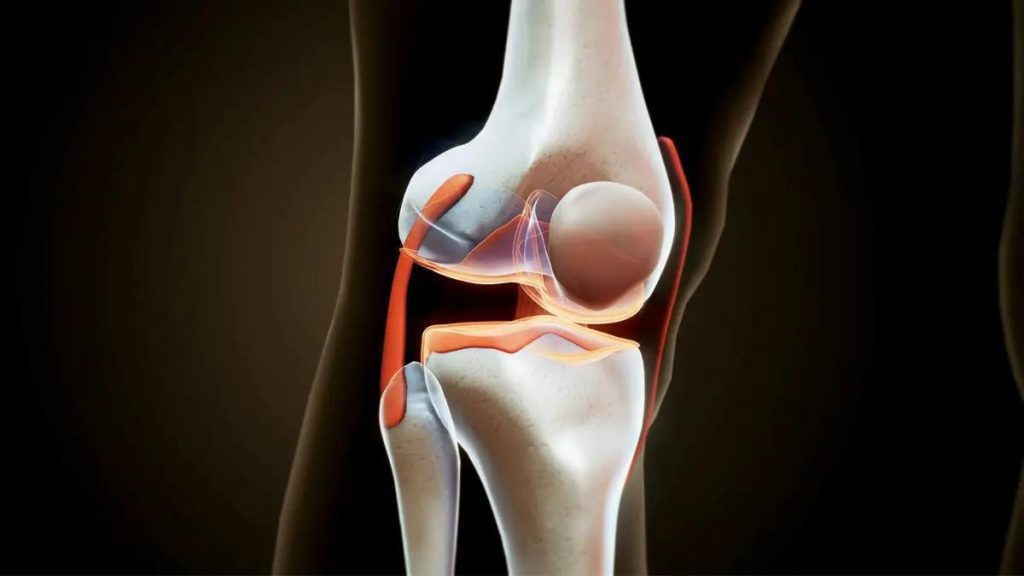In a groundbreaking medical procedure, a 62-year-old man, Rick Slayman, is reported to be on the road to recovery and anticipated to be discharged from the hospital shortly after receiving a kidney transplant from a genetically modified pig.
This innovative surgery, designed to minimize the risk of organ rejection, marks a significant advancement in the medical community’s ongoing efforts to address the critical shortage of human donor organs.
On March 16th, surgeons at Massachusetts General Hospital performed the four-hour operation, which represents a pivotal achievement in the field of transplant medicine.
The hospital, in a statement, hailed the surgery as a “major milestone in the quest to provide more readily available organs to patients.” Slayman, previously undergone a kidney transplant from a human donor in 2018 after enduring seven years of dialysis due to kidney failure, found himself back on dialysis in May 2023 when the transplanted organ failed.
Facing numerous challenges with dialysis due to the repeated use of his blood vessels and experiencing significant declines in his quality of life, Slayman made the courageous decision to undergo the pig kidney transplant. He expressed his motivation, seeing the procedure not only as a means for personal health improvement but also as a beacon of hope for thousands waiting for life-saving transplants.
The pig kidney used in the transplant was provided by eGenesis, a biotechnology company based in Cambridge, Massachusetts, which performed genetic modifications to enhance compatibility with human bodies and reduce the risk of rejection. Despite the success, it remains uncertain how long the new kidney will function, as Slayman continues to take anti-rejection drugs.
This procedure not only opens new avenues for treating kidney failure but also represents a potential solution to the pressing issue of organ donor shortages. Heart transplants from pigs to humans are also being explored as part of this innovative approach to transplantation.
Dr. Tatsuo Kawai, a member of the transplant team, expressed hope that this new method will serve as a lifeline for millions of patients worldwide suffering from kidney failure, heralding a new era in transplant medicine.
Topics
Organ transplantation, Kidney transplantation, Massachusetts Gen








Can you be more specific about the content of your article? After reading it, I still have some doubts. Hope you can help me.
Thank you for your sharing. I am worried that I lack creative ideas. It is your article that makes me full of hope. Thank you. But, I have a question, can you help me?